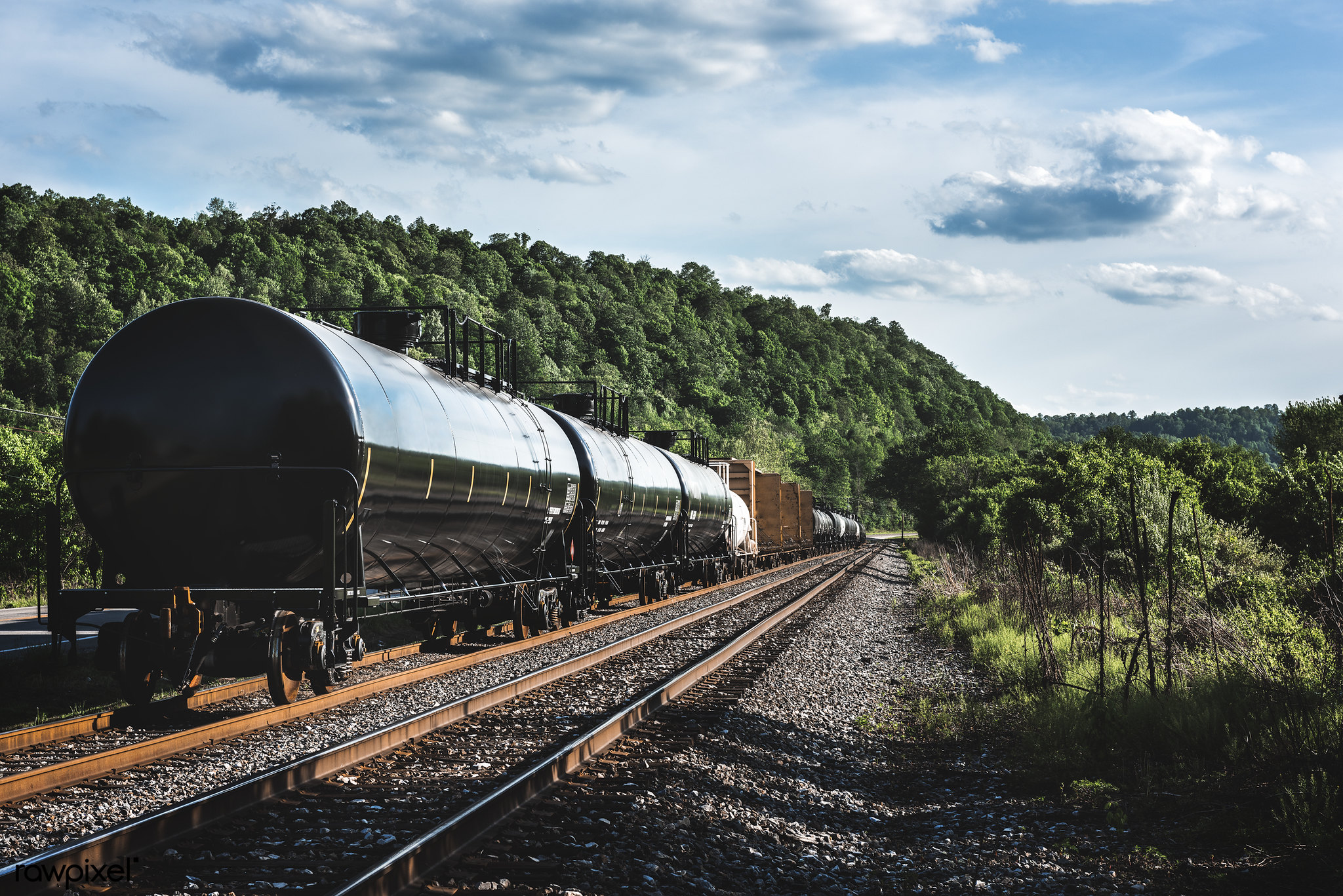
Tell the EPA: Protect communities from toxic trains
New bill filed in Massachusetts to phase out most uses of toxic PFAS, a class of chemicals harming our health and contaminating our drinking water.
SEND A MESSAGE
An Act to protect Massachusetts public health from PFAS
S1356 & H2197
Sponsored by Senator Julian Cyr and Representative Kate Hogan
Problem: Per- and polyfluoroalkyl substances (PFAS) are a class of over 12,000 chemicals used to make products stainproof, water resistant, and nonstick. PFAS are in a wide array of consumer products, including food packaging, carpets, clothing, cookware, pesticides, artificial turf, cleaners, waxes, building materials, paints, personal care products, firefighting gear and foam.
All PFAS have a fluorine atom bonded to a carbon. This is one of the strongest bonds in nature — and, as a result, PFAS chemicals are extraordinarily persistent. They never fully break down, remaining in the environment for thousands of years. PFAS are bio-accumulative, which means as we continue to make and use PFAS, they continue to build up in our bodies, wildlife and the environment.
Toxic at very low levels, these chemicals increase risk of cancers, immunosuppression, liver disease, endocrine disruption, developmental and reproductive harm, high cholesterol, asthma, and neurological problems.
People are exposed by drinking and eating food and water that has been contaminated, and using products with PFAS. PFAS in products escapes into air and dust, which we breathe in. When products are manufactured and disposed of, PFAS leach into the soil, groundwater and drinking water. In Massachusetts, at least 171 public water systems in 96 cities and towns, and an unknown number of private wells, have exceeded the state’s legal limit (Maximum Contaminant Level) for PFAS.
The bill is cosponsored by a bipartisan majority of lawmakers from the House and Senate.
Bans intentionally added PFAS in food packaging, children’s products, car seats, personal care products, cookware, fabric treatments, carpets and rugs, upholstered furniture, and firefighters’ personal protective equipment on January 1, 2026;
Bans intentionally added PFAS in all products on January 1, 2030;
Gives the Department of Public Health (DPH) the authority to temporarily exempt products from the PFAS ban if it determines PFAS use in product is essential for health, safety or the functioning of society, and PFAS alternatives are not reasonably available;
Requires the DEP to limit industry discharges of PFAS to groundwater and surface water by amending permits and writing regulations to require best management practices including eliminating PFAS use, pretreating effluent, decontaminating equipment, minimizing accidental discharge;
Requires manufacturers to label PFAS-containing products and to submit disclosure reports to the state, with initial reports due June 1, 2026;
Bans the use of PFAS-containing firefighting foam for testing or training purposes. Requires reporting within 48 hours if foam is used, spilled or otherwise released;
Creates a PFAS Remediation Trust Fund to help communities test and treat for PFAS in soil, drinking water and groundwater. Funds shall be available to test and treat drinking water in both private wells and public drinking water system;
Establishes a broad-based multi-lingual public education program around PFAS.
If Massachusetts passes the Act to Protect Massachusetts Public Health from PFAS, we could be the
We are in good company. Maine and Minnesota have already enacted laws to ban PFAS in all products by 2030. The European Union is in the process of doing the same and at least 5 other states are considering bills to ban PFAS from most products by 2030.
States have already enacted bans on:
Deirdre runs MASSPIRG’s public health, consumer protection and tax and budget programs. Deirdre has led campaigns to improve public records law and require all state spending to be transparent and available on an easy-to-use website, close $400 million in corporate tax loopholes, protect the state’s retail sales laws to reduce overcharges and preserve price disclosures, reduce costs of health insurance and prescription drugs, and more. Deirdre also oversees a Consumer Action Center in Weymouth, Mass., which has mediated 17,000 complaints and returned $4 million to Massachusetts consumers since 1989. Deirdre currently resides in Maynard, Mass., with her family. Over the years she has visited all but one of the state's 351 towns — Gosnold.